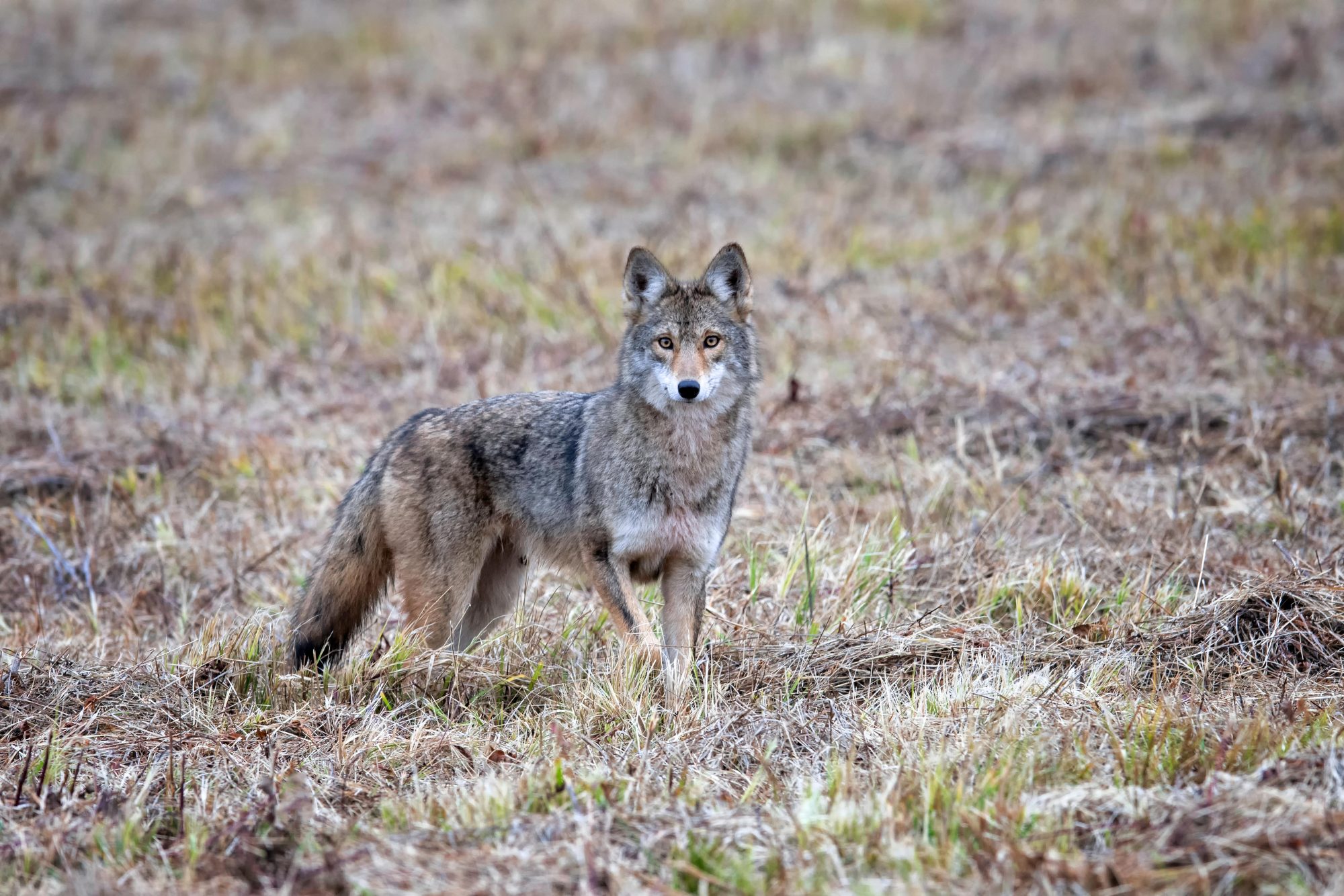NAHANT — Town Administrator Tony Barletta and the Board of Selectmen announced that the town will be extending its contract with USDA Wildlife Services to eliminate what they call “problem” coyotes inhabiting the area.
Back in December the board voted to authorize Barletta to sign a Cooperative Service Agreement with USDA Wildlife Services to “conduct a wildlife management project,” a press release from the town said today. This initial contract ended on Tuesday.
At a Board of Selectmen meeting Wednesday evening, the public was informed of the decision to extend the contract.
“Because we fully expect that coyotes will remain in Nahant, we have decided to extend our contract with USDA for another year, in case additional events occur that Mass Wildlife would deem to be the behavior of a problem or habituated animal,” Barletta said. “USDA’s original contract with the town of Nahant was for three visits and to date, they’ve been in our community twice, and they have successfully removed one coyote.”
Barletta emphasized the fact that they are not trying to eliminate all coyotes and that it is not for population control.
“We are speaking of problem and habituated coyotes specifically,” Barletta said. “These animals cannot be relocated by law, and they behave in ways that jeopardize the safety of our residents. The town will deal with them appropriately and with the guidance of Mass Wildlife.”
In order to determine which coyote is the one with aggressive behavior, a process of elimination is used, he said.
“It is essentially impossible to identify a problem coyote after an aggressive incident occurs,” Barletta said. “After taking some coyotes you wait and see if additional aggressive events occur to determine if the problem coyote has been removed. This is the guidance that we’ve received from the State Mass Wildlife Department.”
Barletta also said that town officials have been encouraging the education of coexistence with coyotes.
“The Board of Selectmen and I over the past two years have focused on educating our residents on how to coexist with coyotes,” Barletta said. “We’re going to continue to emphasize how to prevent conflicts with coyotes and how to respond properly to interactions with coyotes.”
All three board members voiced their support for the decision to extend the contract.
Member Josh Antrim echoed Barletta’s statement about how they have engaged the public on coexisting with coyotes.
“It’s really important for people to understand and accept that coyotes exist in Nahant and they will continue to exist in Nahant just as they do in every other town in Massachusetts,” Antrim said. “We might not like it, but this is the fact.”
It is up to those who live in Nahant and have pets to be responsible for their pets, he said. It is, he said, “a difficult message to deliver.”
“If your pet is not on a short leash and is attacked, it’s you that’s putting your pet at risk,” Atrium said. “And I don’t say this because I lack compassion for people and pets that have been killed. I’m saying this because I have compassion and don’t want to see pets get hurt in the future. Whether we like it or not, pet owners cannot let their guard down if they want their pets to be safe.”
During the public forum, Francine Amari-Faulkner, a co-founder of the group “Nahant Coyotes” that is aimed at protecting the animal, said she was “extremely disappointed” with the decision to renew the contract.
“As you kill coyotes, you’re actually increasing the numbers and that is science, whether people want to hear it or not,” Amari-Faulkner.
Amari-Faulkner also asked the board and Barletta if they had considered a coyote response plan proposal from Rebecca Dmytryk, who runs the California-based Humane Wildlife Control Inc.
“We’ve received a proposal from Rebecca, it’s under consideration,” Barletta said. “We’re considering all and any potential options that are going to help us advance the education and investigation of coyote related topics in the town.”
The press release reminded residents that pupping season for coyotes is nearing and “coyotes can become particularly territorial and aggressive during this time.”

